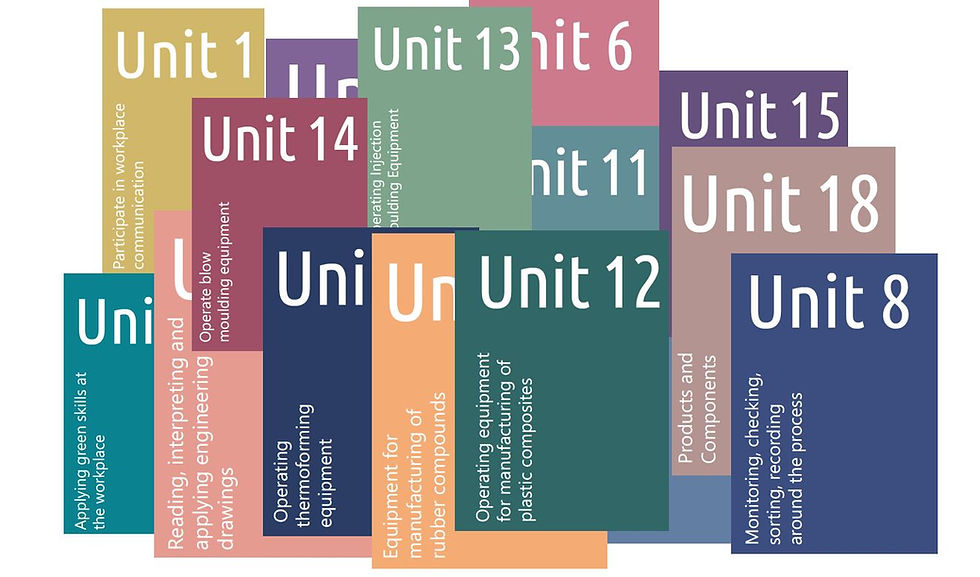The Digital Education Action Plan : a new EU commitment to the achievement of the digital revolution
- Federica Gallicchio

- Oct 28, 2020
- 3 min read
“Raising the quality and inclusiveness of education and training systems and the provision of digital skills for all during the digital and green transitions is of strategic importance for the EU. Rapid digitalisation over the past decade has transformed many aspects of work and daily life. Driven by innovation and technological evolution, the digital transformation is reshaping society, the labour market, and the future of work. Employers face difficulties in recruiting highly skilled workers across a number of economic sectors, including in the digital sector. Too few adults are up- and re-skilling to fill these vacancies, often because training is not available at the right time and in the right place.”

With this opening statement, the EU Digital Education Action Plan for 2021-2017 Resetting education and training for the digital age, the European Commission further acknowledges the centrality of the digital skills’ growth in the twenty-first century. The Communication outlines two main priorities on which the EU action will focus in the upcoming years: the increase in the deployment of digital technologies in all its forms, such as apps, platforms, software et similia, in order to foster the teaching activities in the era of e-learning; and the need to provide all learners with the digital skills necessary to grow both as individuals and as professionals in the world of digitalisation.
The content of the academic programs and the organisation of the educational systems notoriously fall within the individual competences of the Member States. Nonetheless, a harmonised plan at EU level, which will include good practices, a renewed legal framework, as well as research activities, will greatly boost the adaptation of the teaching and learning activities to the needs of the digital society. A coordinated EU action would also help overcome the obstacles related to the single individual’s growth opportunities, breaking down the barriers of the differences among the different students’ learning chances, through the management of “the risk of an urban/rural digital divide where certain people can benefit more than others”. The Communication also focuses on students with disabilities, who will not be forced any longer to face the impediments caused by the constraints of the physical location to follow the lectures, being able to carry out their learning activities in the comfort of their home.
The Action Plan also acknowledges the key role played by e-learning during the outbreak of the COVID-19 pandemic: the digital education is currently having the chance to demonstrate its potentials, allowing students to keep up with their school programmes, despite the social distancing rules imposed on a global scale. Nevertheless, the pandemic also delineated the shortcomings that the digital education is still facing and the needs for further improvements.
The European Commission communication comes together with a with a Staff Working Document, which provides evidence and analysis of the opportunities and challenges that the digital transformation brings to education and training. In the next seven years, the concrete actions at EU level will focus on:
- fostering the development of a high performing digital education ecosystem, aiming at boosting peer learning and policy cooperation, investing in infrastructure and connectivity, promoting digital capacity building in educational institutions, as well as supporting high-quality digital education;
- enhancing digital skills and competences for the digital transformation by tackling disinformation and promoting digital literacy through education and training, improving the provision of digital skills, and providing digital opportunities traineeships.
In order to achieve the digital evolution, a key role will be played by the Erasmus+ programme, which will offer more targeted support to the implementation of the renewed Digital Education Action Plan.
The Upskill Project, with its objectives of enhancing the abilities of European VET systems to face the transition of the plastic labour markets towards digitalisation and the growing developments of smart manufacturing technologies, is currently greatly contributing to the ultimate accomplishment of the digital evolution.
We will continue spreading the Upskill message through live webinars and communication activities. To follow the progress of the project and stay up-to-date about the publication of the upcoming training material, visit regularly the Upskill website and join our live webinars.




Comments